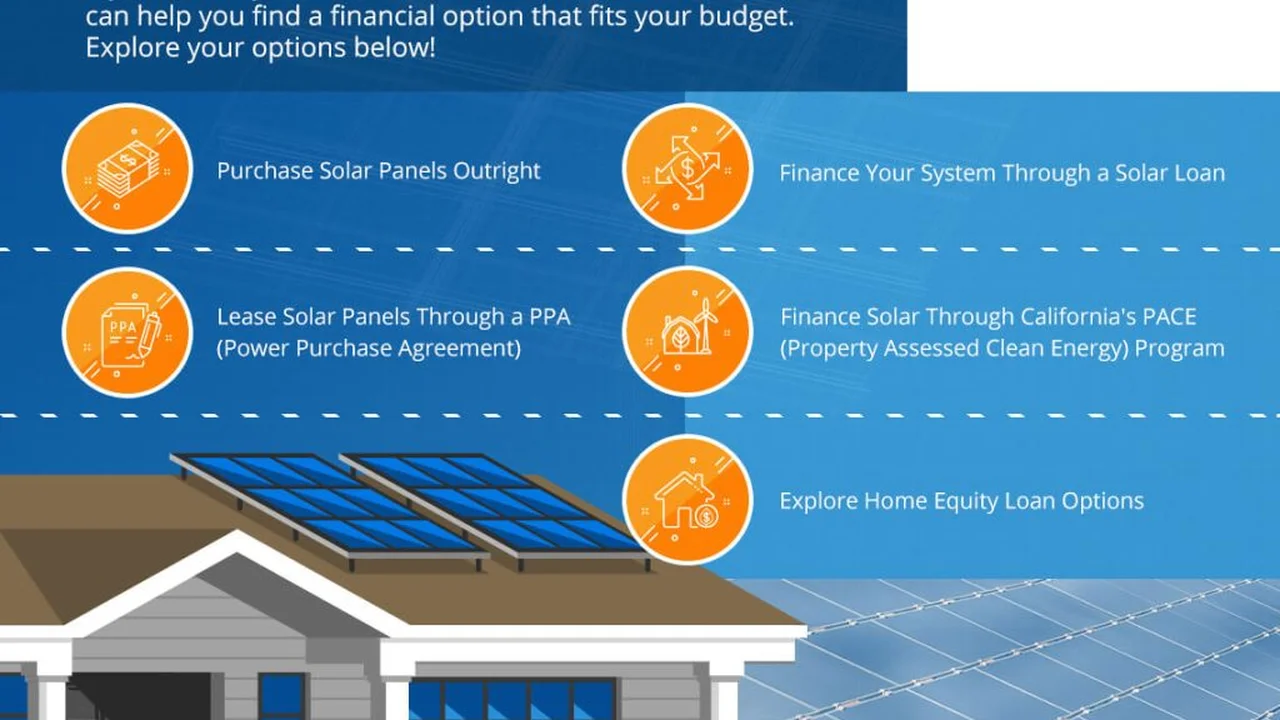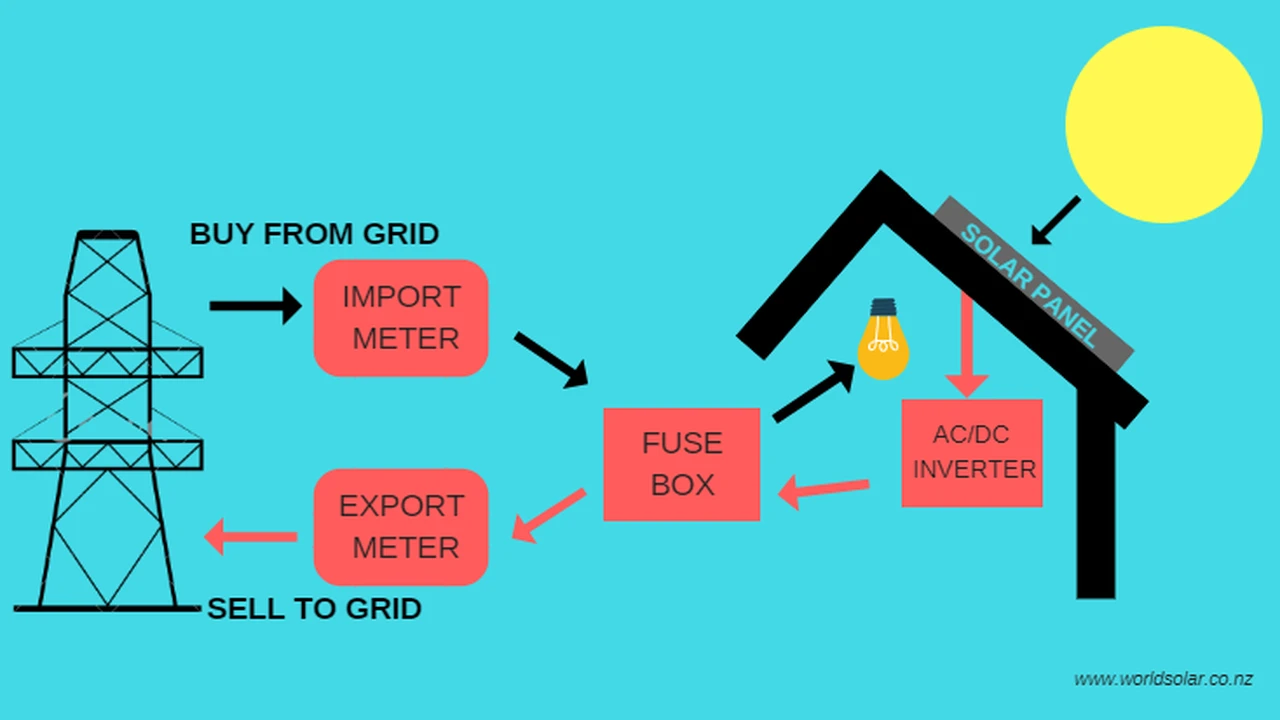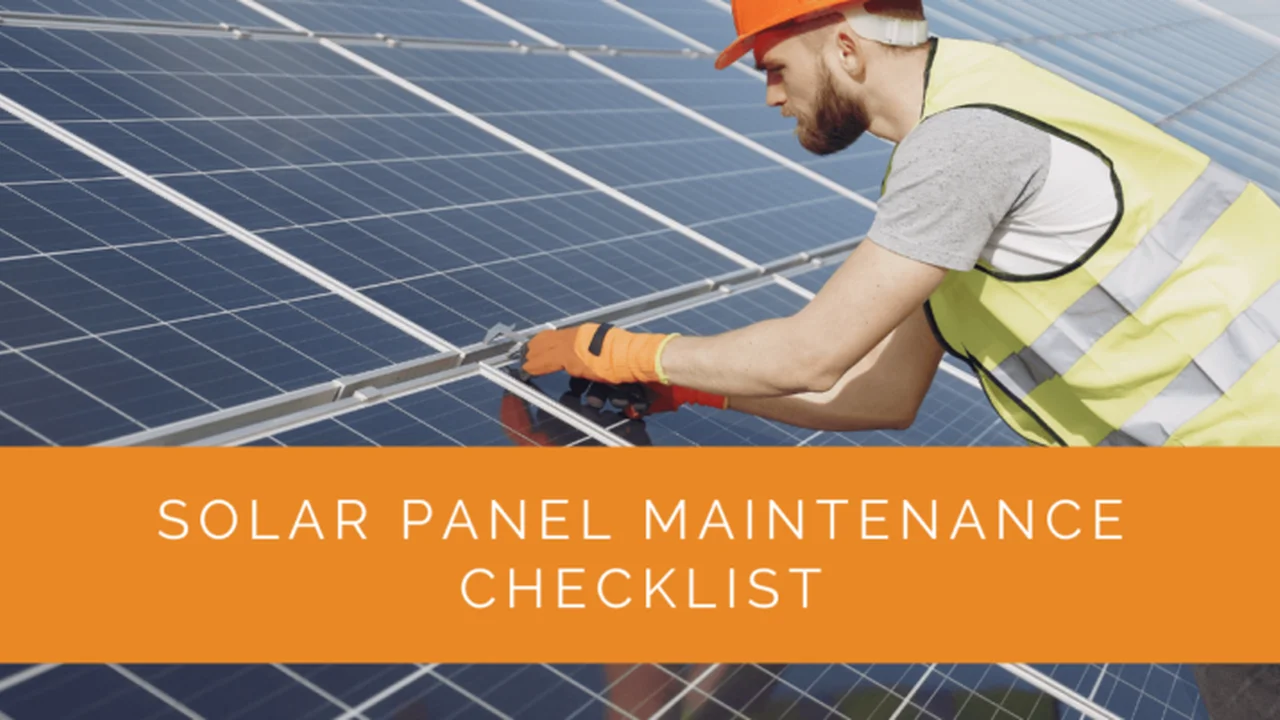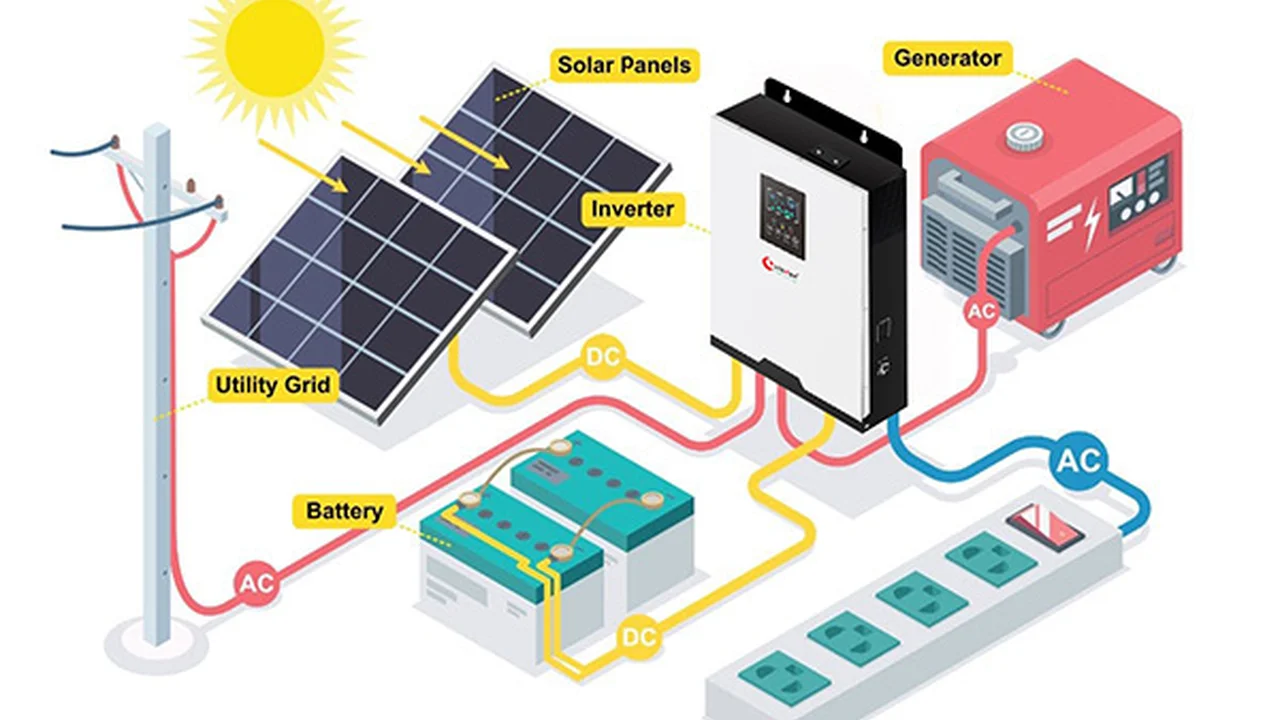Solar Panel and Government Grants: Funding Opportunities
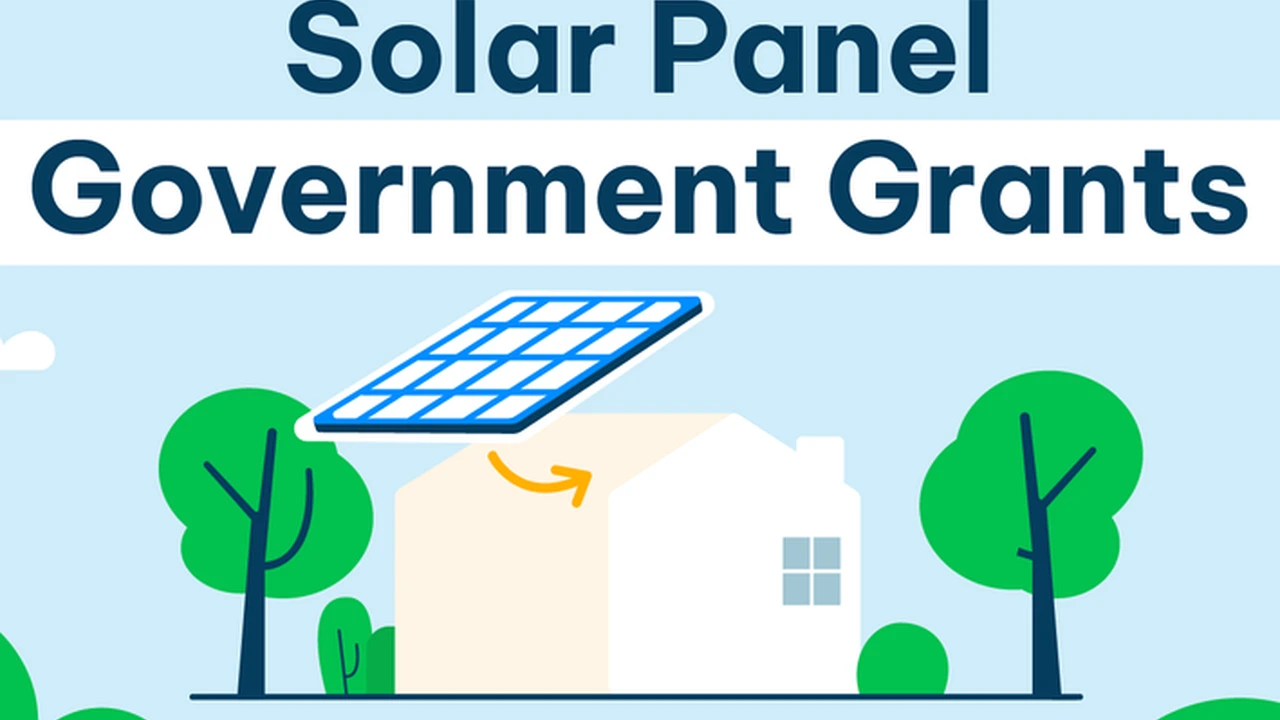
Understanding Solar Panel Government Grants and Incentives for Homeowners
So, you're thinking about going solar? Awesome! One of the first things people ask is, "How much is this gonna set me back?" That's where government grants and incentives come into play. They can seriously knock down the upfront cost of installing solar panels on your home. We're talking federal, state, and even local programs, all designed to make solar more accessible. Think of them as a helping hand from Uncle Sam (and maybe your state and city too!). These incentives aim to accelerate the adoption of renewable energy, reduce carbon emissions, and create a more sustainable future. Let's dive into what's out there and how you can snag some of that sweet, sweet funding.
Federal Tax Credit for Solar Panel Installation A Deep Dive into the ITC
The big kahuna is the Federal Investment Tax Credit (ITC). This is a federal tax credit, meaning it reduces the amount of income tax you owe to the federal government. As of [Current Year - Replace with actual year], the ITC allows you to deduct 30% of the cost of your solar panel system from your federal taxes. That includes everything – the panels themselves, the inverters, the racking, the wiring, and even the labor costs for installation. For example, if your system costs $20,000, you could potentially get a $6,000 tax credit! Now, there are some things to keep in mind. First, it's a tax credit, not a rebate. That means you need to have enough tax liability to actually use the credit. Second, if the credit is more than you owe in taxes for one year, you can usually roll over the remaining amount to future tax years. Check with a tax professional to understand how the ITC applies to your specific situation. The ITC is a major driver for solar adoption, making it significantly more affordable for homeowners across the country. Make sure you take advantage of it!
State and Local Solar Panel Rebates and Grants Exploring Regional Opportunities
Beyond the federal tax credit, many states and even local municipalities offer their own incentives for solar panel installation. These can come in the form of rebates (where you get cash back after installation), grants (where you get money upfront to help with costs), or tax credits (similar to the federal ITC, but at the state level). The availability and specifics of these programs vary widely depending on where you live. For example, some states offer performance-based incentives, where you get paid based on how much electricity your solar panels generate. Others offer property tax exemptions, so your property taxes don't go up even though your home value increases with the addition of solar panels. To find out what's available in your area, start by checking your state's energy office website. You can usually find a comprehensive list of incentives and links to the relevant application forms. Also, check with your local utility company, as they may also offer rebates or other programs to encourage solar adoption. Don't leave money on the table! Research your state and local options thoroughly.
Solar Panel Net Metering Policies How to Get Paid for Your Excess Energy
Net metering is another key factor that can significantly impact the cost savings of your solar panel system. It's a policy that allows you to send excess electricity generated by your solar panels back to the grid, and in return, you get credited on your electricity bill. Think of it as selling your extra solar power to the utility company. The specifics of net metering policies vary from state to state. In some states, you'll get credited the full retail rate for the electricity you send back to the grid. In others, you might get a lower rate. Some states also have caps on the amount of solar energy that can be net-metered. Net metering is a huge benefit because it allows you to offset your electricity consumption with the power you generate from your solar panels. This can significantly reduce your monthly electricity bills and even result in you getting paid by the utility company! Understand your state's net metering policy before you invest in solar panels. It can make a big difference in your overall return on investment.
Solar Panel Loan Programs and Financing Options Making Solar Affordable
Even with grants and incentives, the upfront cost of solar panels can still be a barrier for some homeowners. That's where loan programs and financing options come in. There are a variety of ways to finance your solar panel system, including:
- Secured Loans: These are loans that are backed by an asset, such as your home. They typically have lower interest rates than unsecured loans.
- Unsecured Loans: These loans are not backed by an asset, so they tend to have higher interest rates.
- Solar Loans: These are loans specifically designed for solar panel installation. They often have favorable terms and may be offered by solar companies or financial institutions specializing in renewable energy.
- Power Purchase Agreements (PPAs): With a PPA, you don't actually own the solar panels. Instead, a third-party company owns and maintains the system, and you pay them for the electricity it generates. This can be a good option if you don't want to deal with the upfront cost or maintenance of the system.
- Leases: Similar to PPAs, a solar lease allows you to use solar panels without owning them. You pay a monthly fee to the leasing company.
Before you choose a financing option, shop around and compare interest rates, terms, and fees. Also, consider your financial situation and how much you can comfortably afford to pay each month. Solar loans and financing options can make solar panels more accessible to a wider range of homeowners.
Specific Solar Panel Products and Their Applications Exploring Different Options
Okay, let's get into some specific solar panel products. The market is filled with options, and choosing the right one depends on your needs and budget. Here are a few examples, along with their pros, cons, and typical costs:
LG NeON 2 Black Solar Panels High Efficiency and Sleek Design
Description: LG is a well-known brand, and their NeON 2 Black panels are known for their high efficiency and sleek, all-black design. They're a great choice for homeowners who want to maximize energy production and have aesthetically pleasing panels. Pros: High efficiency, excellent low-light performance, durable, long warranty. Cons: More expensive than some other options. Typical Use Cases: Homes with limited roof space, homeowners who prioritize aesthetics, areas with less sunlight. Price: Around $3.00 - $4.00 per watt.
Panasonic EverVolt Solar Panels Reliable Performance and Comprehensive Warranty
Description: Panasonic EverVolt panels are another premium option, known for their reliability and comprehensive warranty. They're a solid choice for homeowners who want a long-lasting, dependable system. Pros: High reliability, excellent warranty, good temperature coefficient. Cons: Relatively high cost. Typical Use Cases: Homes in harsh climates, homeowners who want peace of mind, systems where longevity is a priority. Price: Around $3.50 - $4.50 per watt.
REC Alpha Series Solar Panels Powerful and Innovative Technology
Description: REC Alpha Series panels are known for their high power output and innovative technology. They use half-cut cell technology to improve efficiency and performance. Pros: High power output, good performance in partial shading, durable. Cons: Can be more expensive than some other options. Typical Use Cases: Homes with limited roof space, areas with frequent shading, homeowners who want to maximize energy production. Price: Around $2.80 - $3.80 per watt.
Q CELLS Q.PEAK DUO Solar Panels Cost-Effective and Reliable
Description: Q CELLS Q.PEAK DUO panels are a more cost-effective option that still offers good performance and reliability. They're a good choice for homeowners on a budget. Pros: Affordable, good performance, reliable. Cons: Lower efficiency than some premium options. Typical Use Cases: Budget-conscious homeowners, homes with ample roof space, systems where cost is a primary concern. Price: Around $2.00 - $3.00 per watt.
Comparing Solar Panel Products Performance Efficiency and Cost
When comparing solar panels, consider the following factors:
- Efficiency: How much sunlight the panel converts into electricity. Higher efficiency panels produce more power from the same amount of space.
- Power Output: The amount of power the panel can generate under standard test conditions. Higher power output panels can generate more electricity.
- Temperature Coefficient: How much the panel's performance degrades as the temperature increases. A lower temperature coefficient is better.
- Warranty: The length and coverage of the warranty. A longer warranty provides more peace of mind.
- Cost: The price of the panel per watt. Balance cost with performance and reliability.
Ultimately, the best solar panel for you will depend on your specific needs and budget. Talk to a qualified solar installer to get personalized recommendations.
Understanding Solar Panel System Installation Cost and Savings
Okay, let's crunch some numbers. The total cost of a solar panel system includes the cost of the panels themselves, the inverters (which convert DC electricity to AC electricity), the racking (which holds the panels in place), the wiring, the labor for installation, and any necessary permits or inspections. The average cost of a residential solar panel system in the US is around $15,000 to $25,000 before incentives. But remember, that's just an average. The actual cost will depend on the size of your system, the type of panels you choose, and the complexity of the installation. To calculate your potential savings, you'll need to consider your electricity consumption, the amount of sunlight your roof receives, the size of your solar panel system, and your state's net metering policy. A good solar installer can help you estimate your savings based on your specific circumstances. In general, you can expect to save money on your electricity bills and potentially even earn money through net metering. Over the lifetime of your solar panel system, you could save tens of thousands of dollars. It's a pretty sweet deal, right?
Navigating Solar Panel Government Grants and Incentives Application Process
Alright, so you're ready to apply for some of these grants and incentives? Great! The application process can vary depending on the specific program. In general, you'll need to gather some information, including:
- Your personal information (name, address, social security number)
- Information about your solar panel system (size, type, cost)
- Proof of income
- Your electricity bills
You'll also need to fill out the application form and submit it to the relevant agency. Be sure to read the instructions carefully and provide all the required information. The application process can be a bit tedious, but it's worth it to get the financial assistance you need to go solar. Don't be afraid to ask for help! Your solar installer or a local energy advisor can often assist you with the application process.
Future Trends in Solar Panel Government Funding and Policy
The world of solar energy is constantly evolving, and so are the government policies and funding programs that support it. Keep an eye on future trends, such as:
- Increased funding for renewable energy projects
- New and improved incentive programs
- Policies that promote energy storage
- Advancements in solar panel technology
Staying informed about these trends will help you make the best decisions about your solar panel investment and take advantage of any new opportunities that arise. The future of solar is bright, and there's never been a better time to go solar!
:max_bytes(150000):strip_icc()/277019-baked-pork-chops-with-cream-of-mushroom-soup-DDMFS-beauty-4x3-BG-7505-5762b731cf30447d9cbbbbbf387beafa.jpg)



